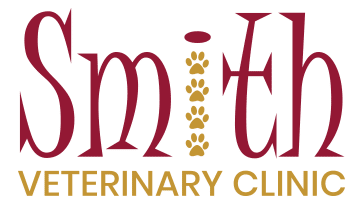Latest Blog and Articles
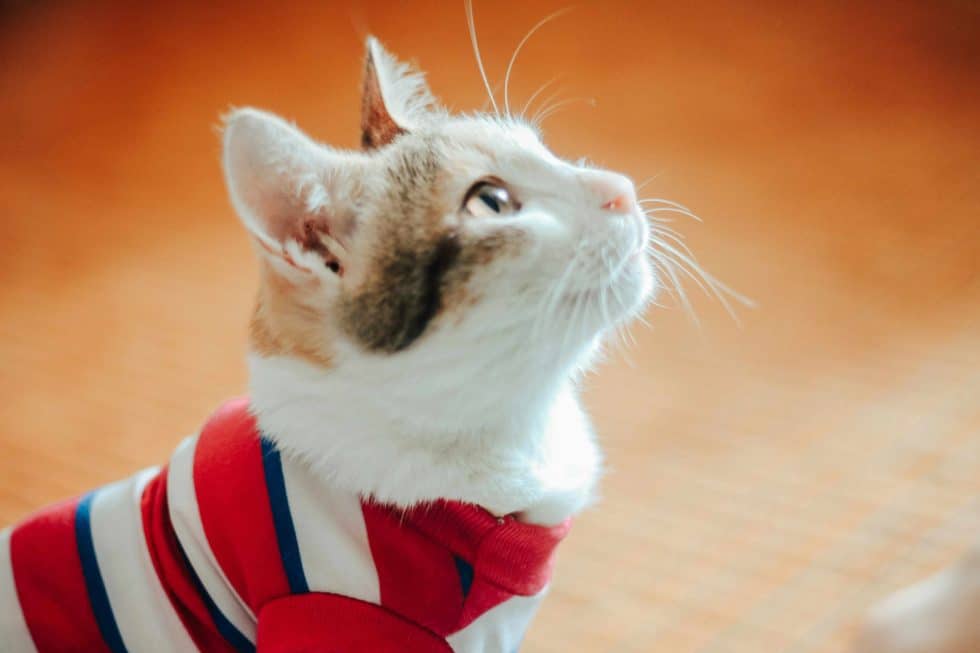
Preventive Care Explained: How Small Steps Make a Big Difference
When was the last time your pet saw the veterinarian for a checkup, not because they…
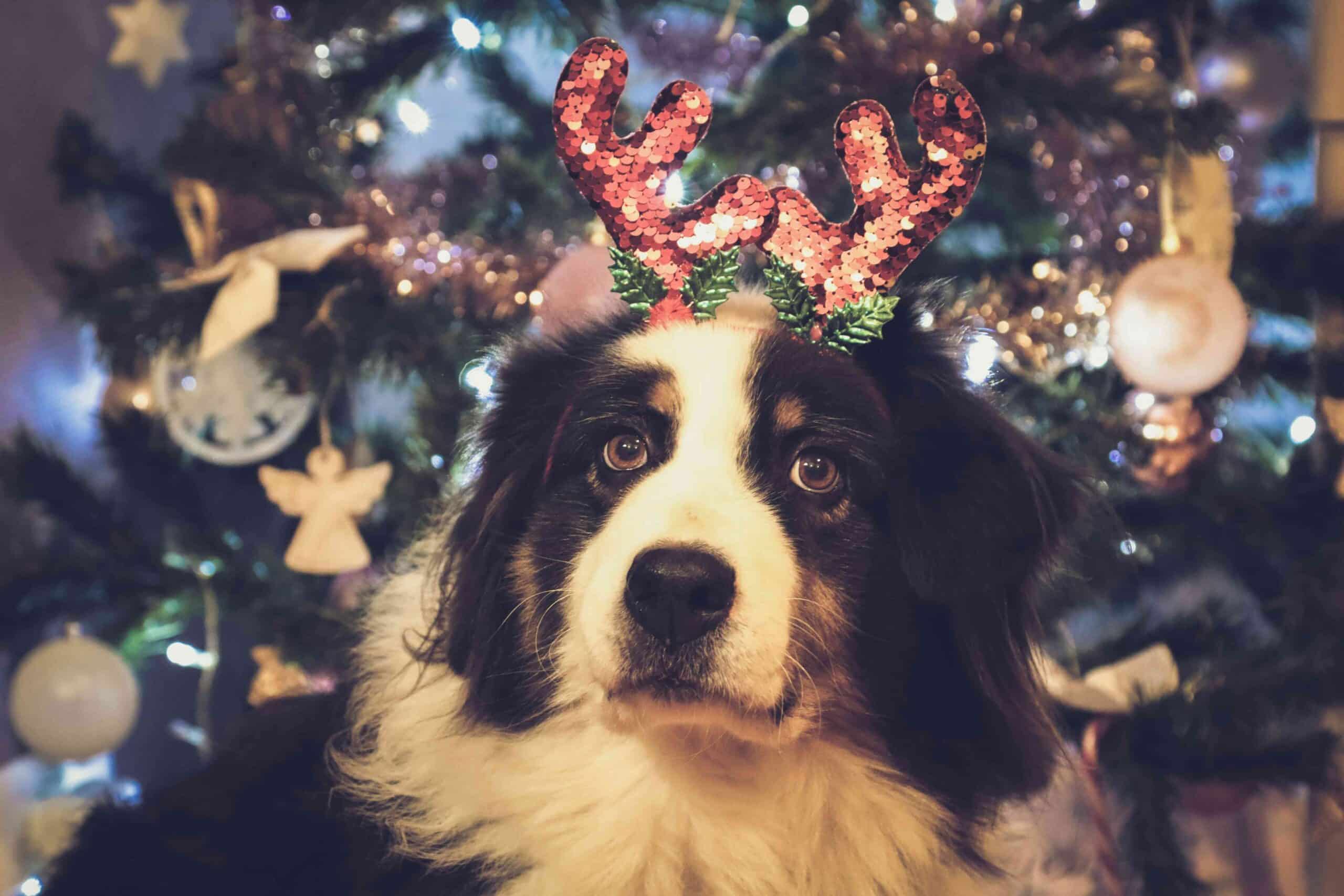
The Busy Holiday Season: Making Time for Your Pets
The holidays are full of sparkle, laughter, travel, and to-do lists a mile long. As joyful…
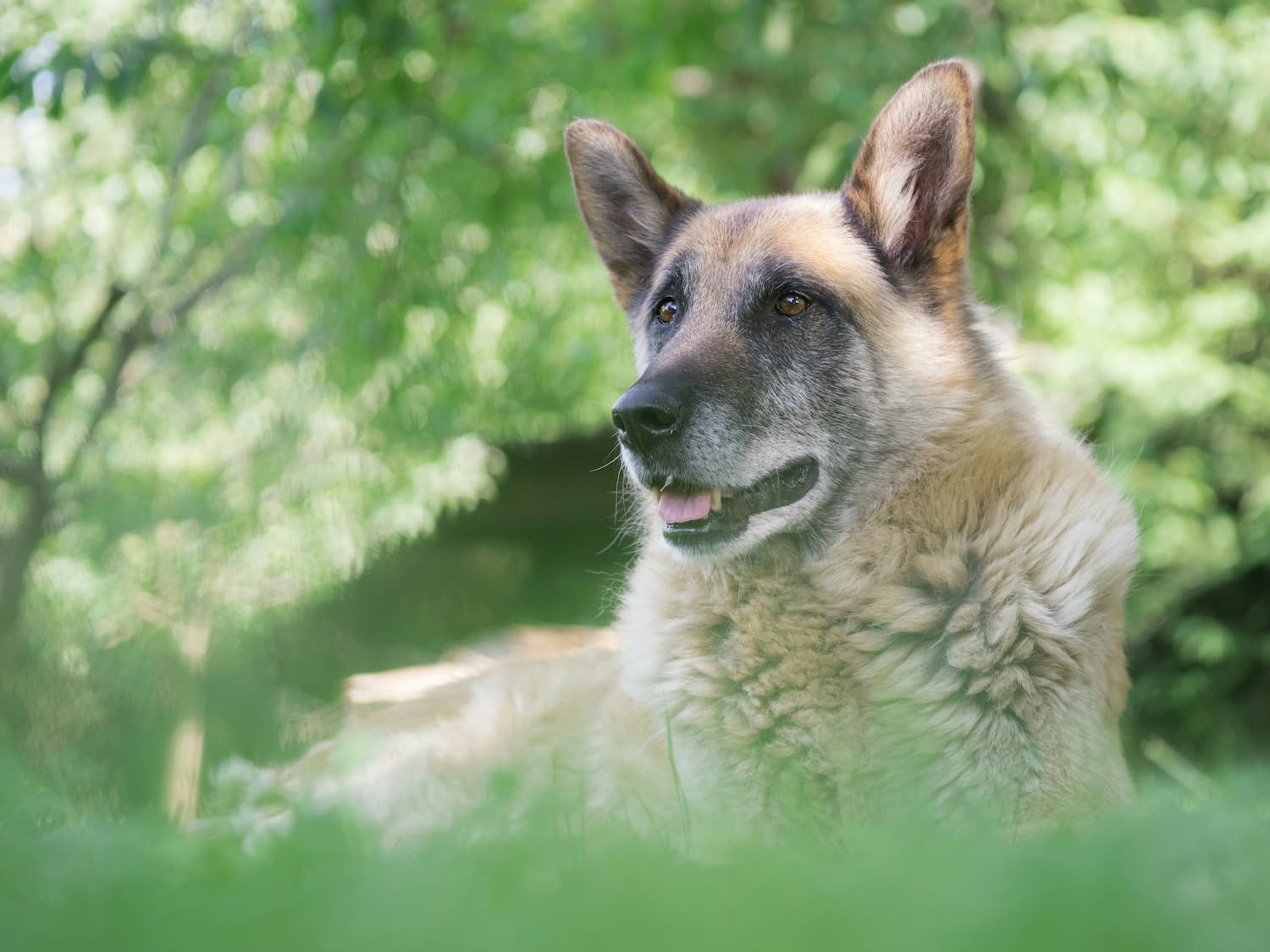
7 Health Tips Every Senior Pet Parent Should Know
If you’re lucky enough to have a senior pet, you know just how special that bond…

Quiet Heroes Behind Healthy Pets: Veterinary Technicians!
Have you ever walked into a veterinary clinic, had your pet whisked gently away, and wondered…
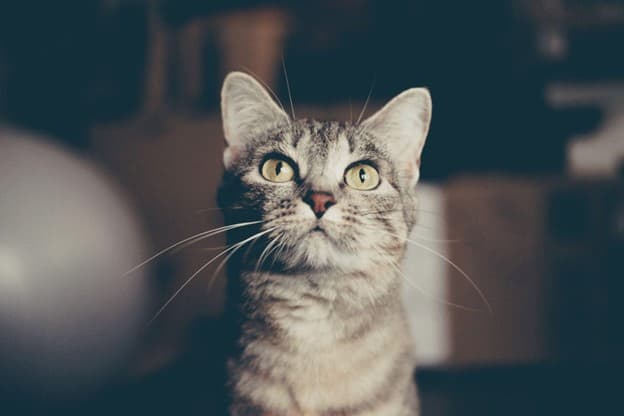
Taking Care of Your Feline: How Regular Veterinary Visits Can Improve Your Cat’s Life
Your cat may not be able to speak, but they’re always telling you something—with their behavior,…
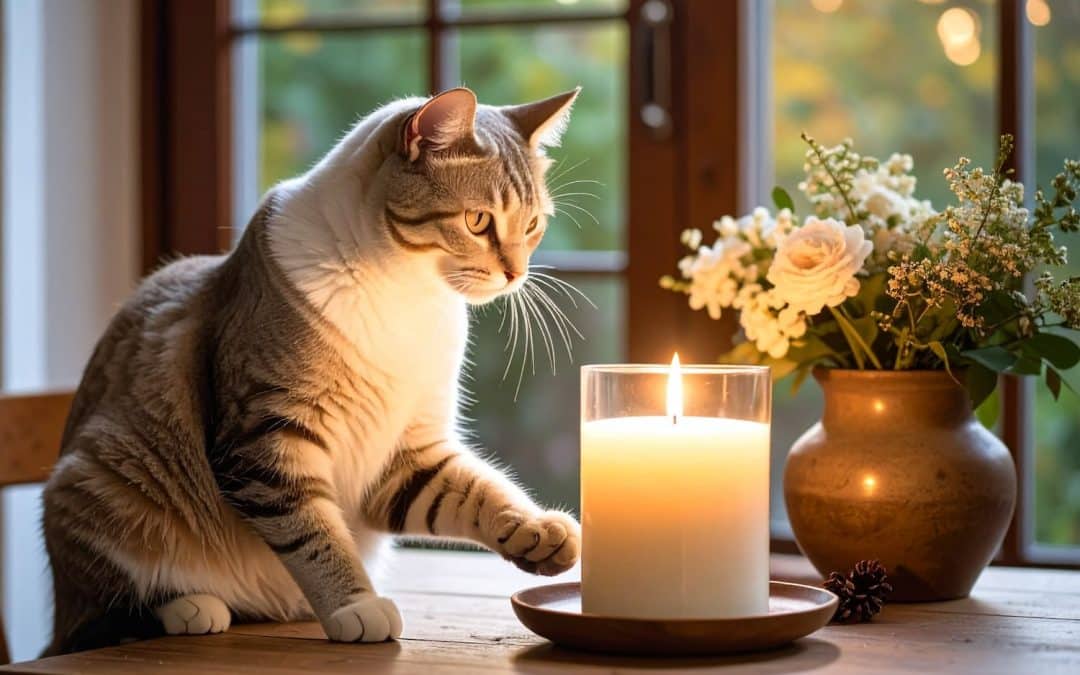
Curiosity Sparks Danger: How Pets Start Fires and What You Can Do To Prevent Them
Did you know that pets accidentally start nearly 1,000 house fires every year in the United…
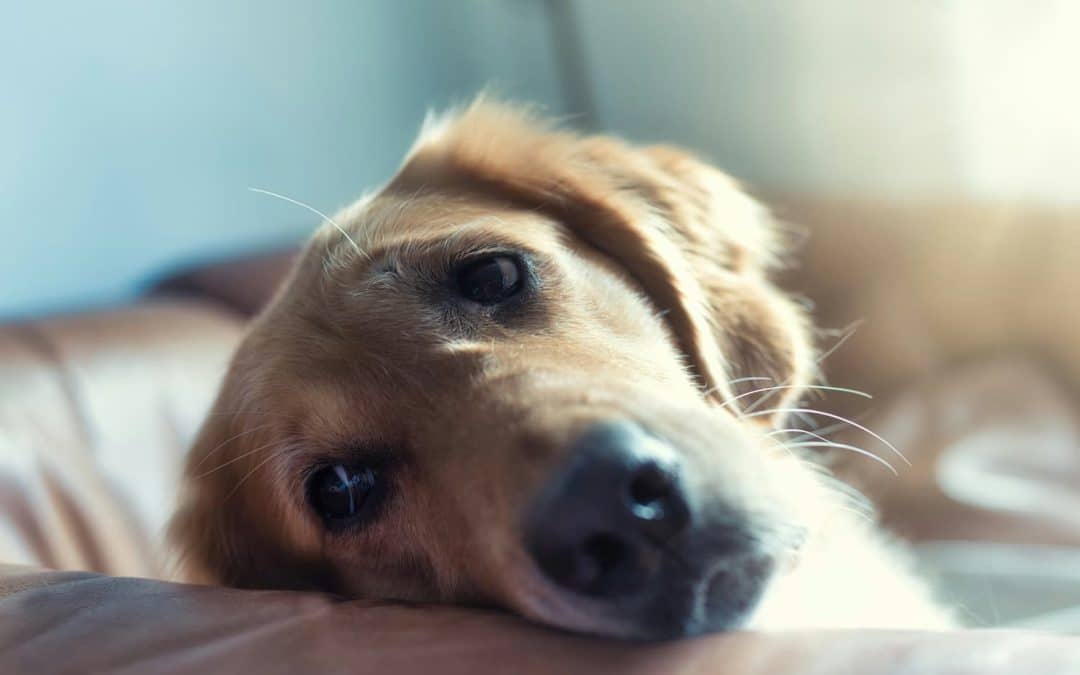
Is It a Hot Spot?
If your dog won’t stop licking, chewing, or scratching one spot, it’s natural to wonder: “Is…
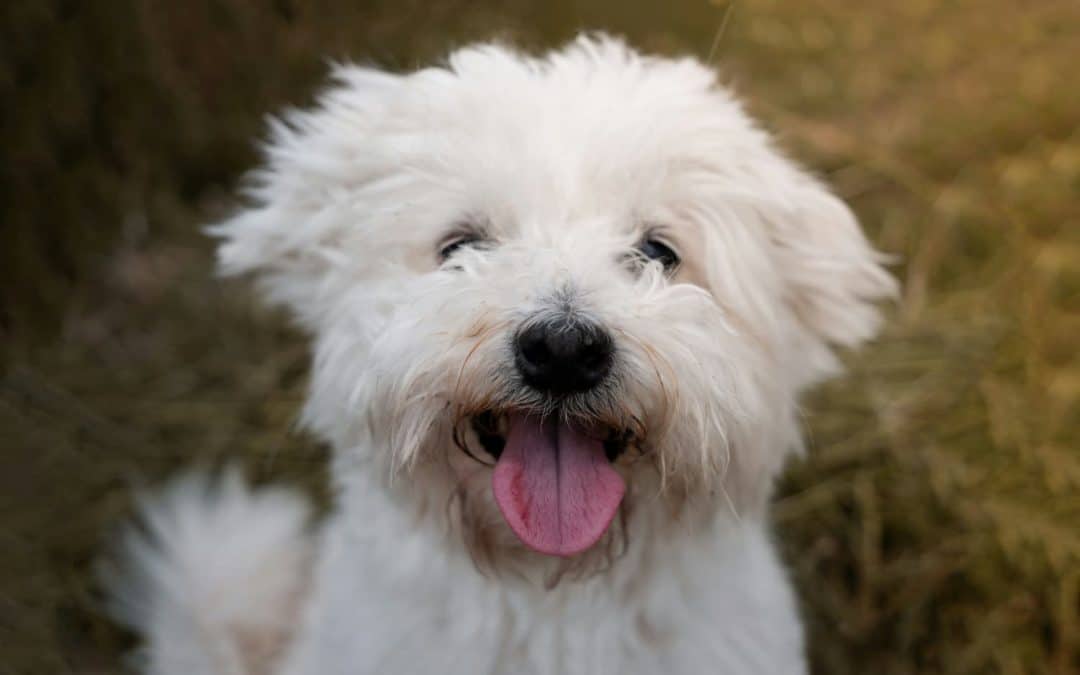
Debunking Myths About Heartworm: What Every Pet Owner Should Know
Think heartworm is just a summertime issue? Or that your indoor cat is safe from it?…
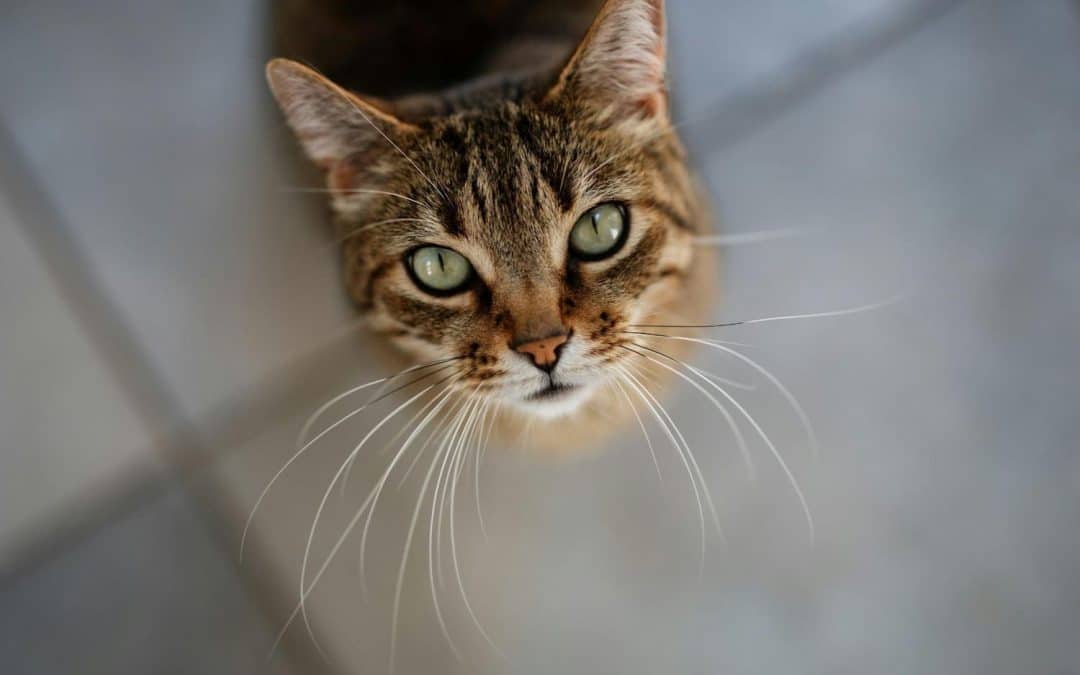
Pet Poison Prevention: Common Household Dangers & How to Keep Your Pet Safe
Pets are naturally curious, which can sometimes get them into trouble. Many everyday items that seem…
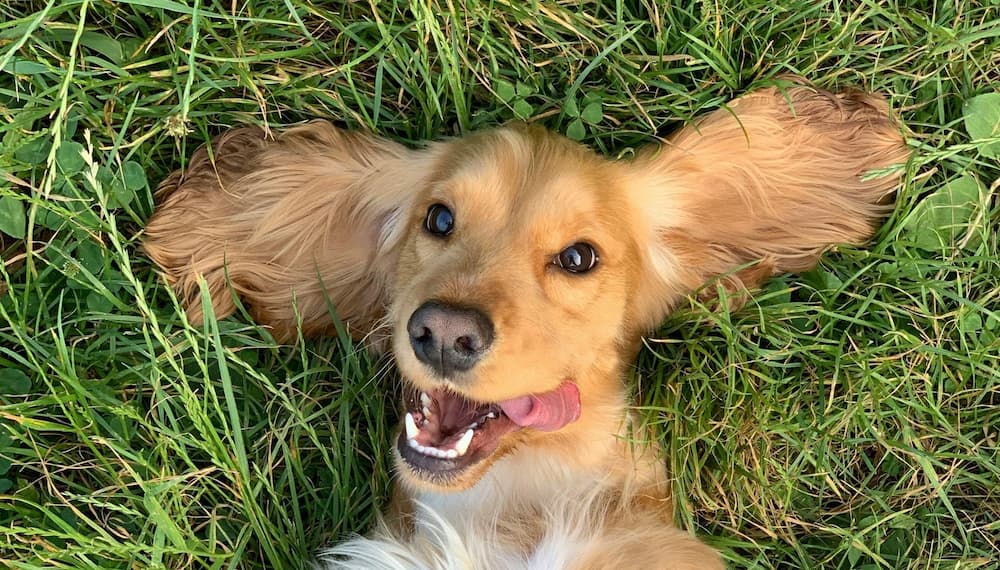
Show Your Pet Some Love With Proper Dental Care
February is here, and love is in the air! But while you’re showering your loved ones…
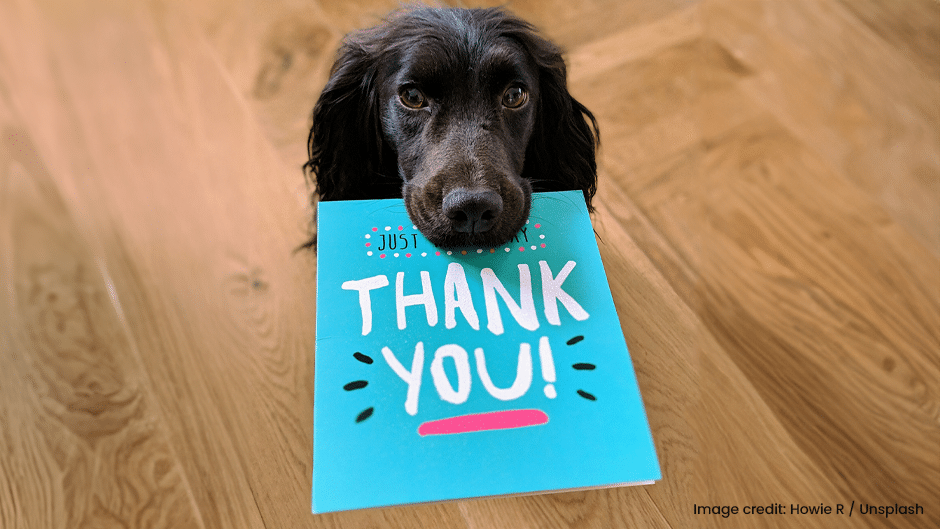
Shining a Spotlight on Our Veterinary Technicians: The Heartbeat of Our Practice
From October 13-19, 2024, we join veterinary clinics nationwide in celebrating National Veterinary Technician Week! These…
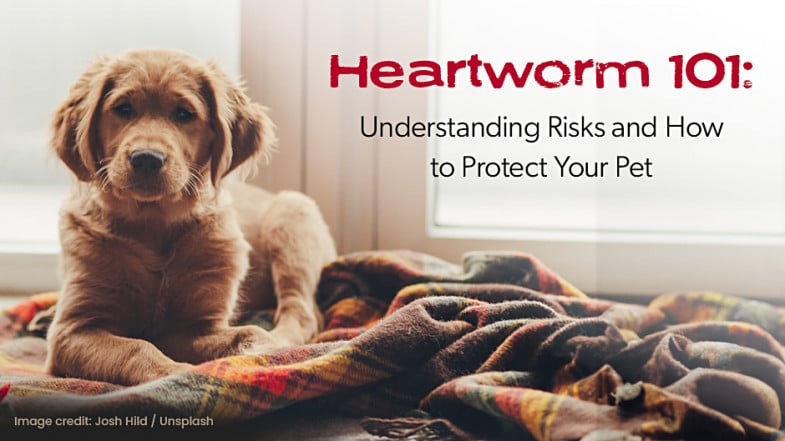
Heartworm 101: Understanding Risks and How to Protect Your Pet
Among the various health risks that pets face, heartworm disease stands out as a particularly insidious…
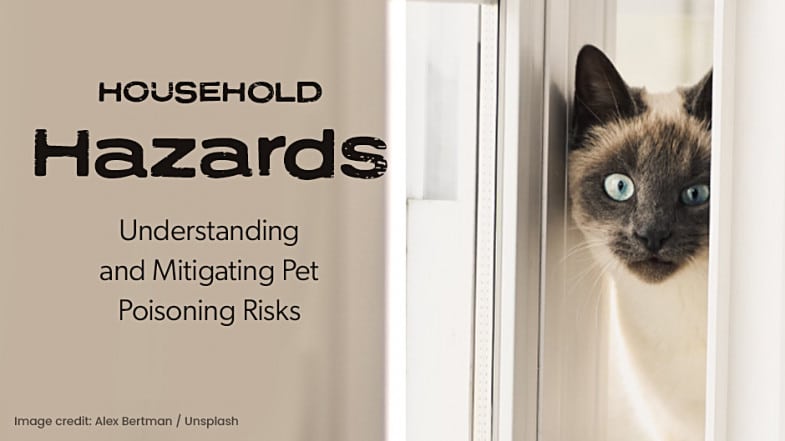
Household Hazards: Understanding and Mitigating Pet Poisoning Risks
Owning a pet offers immeasurable joy, companionship, and love. However, it also comes with the responsibility…
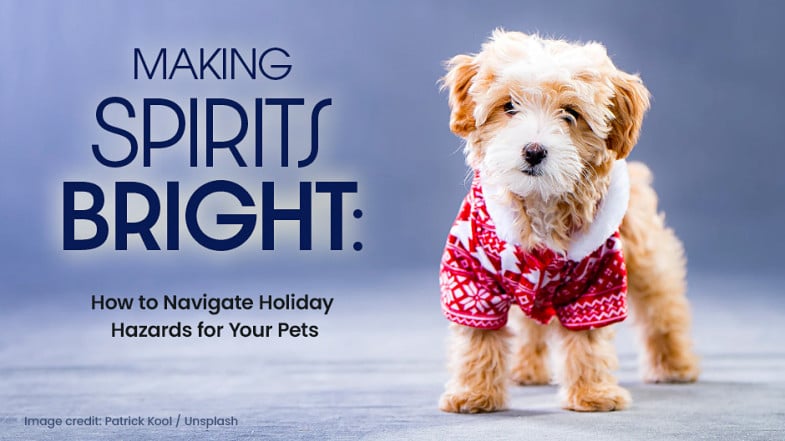
Making Spirits Bright: How to Navigate Holiday Hazards for Your Pets
The holiday season is a time of joy and celebration, but it can also bring unexpected…
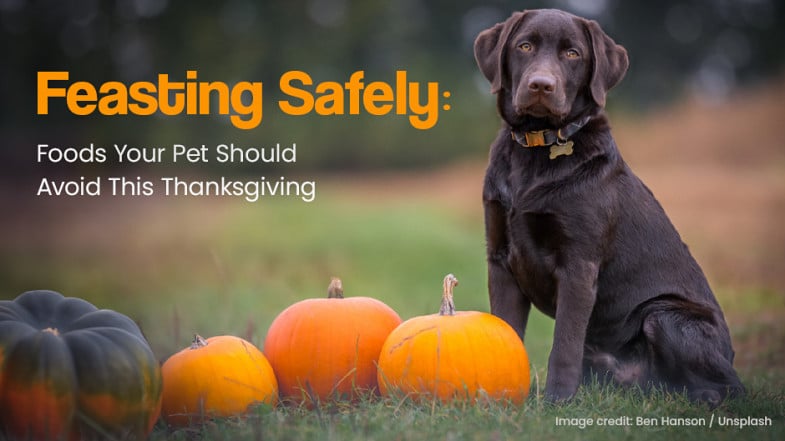
Feasting Safely: Foods Your Pet Should Avoid This Thanksgiving
As Thanksgiving approaches, we all prepare to indulge in festive treats and a hearty Thanksgiving meal.…
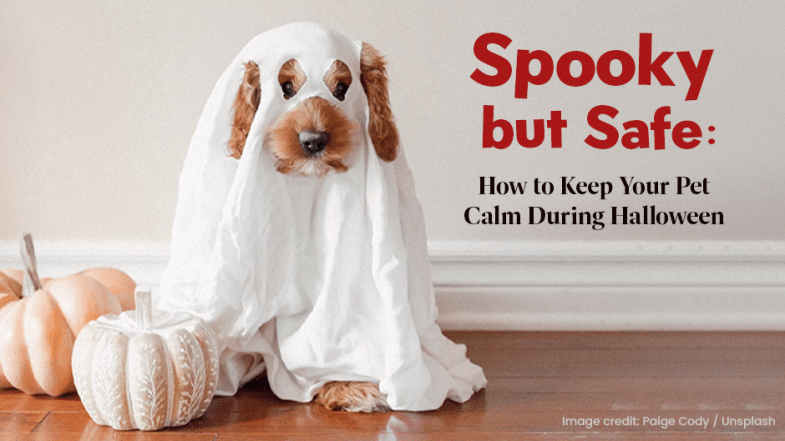
Spooky but Safe: How to Keep Your Pet Calm During Halloween
Halloween is one of the most awaited events for kids and adults. The streets are filled…
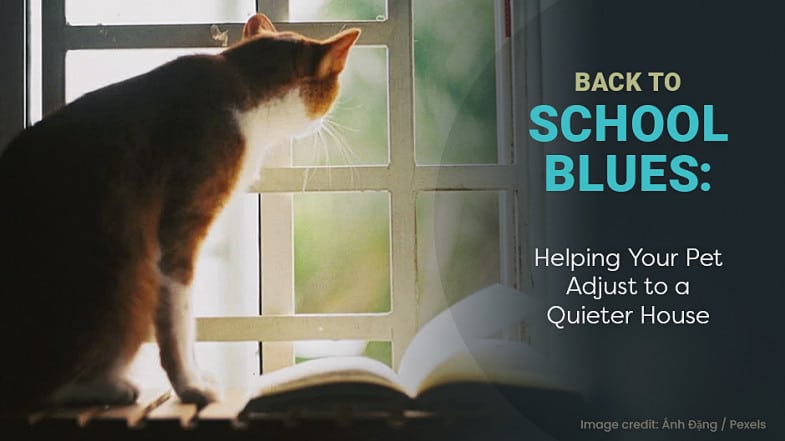
Back to School Blues: Helping Your Pet Adjust to a Quieter House
Back to school season is an exciting time for kids, but for pets, it can be…
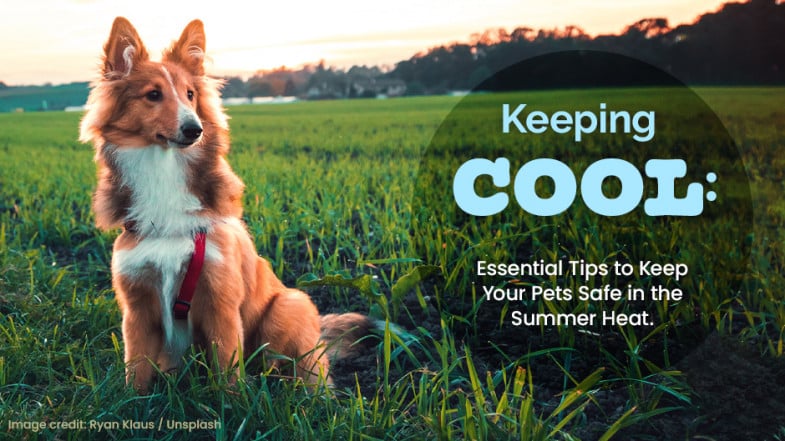
Keeping Cool: Essential Tips to Keep Your Pets Safe in the Summer Heat
As we enter into summer, the temperatures begin to rise, and it is more important than…
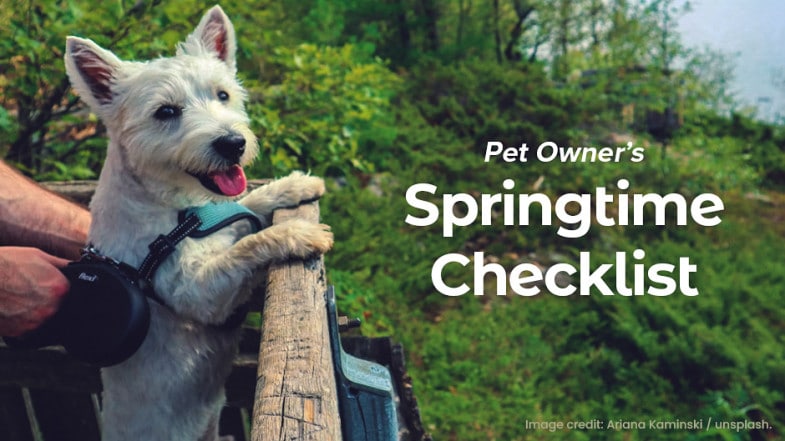
Pet Owner’s Springtime Checklist
Have you thrown yourself into your spring cleaning? If you’re like most people, you’re airing out…
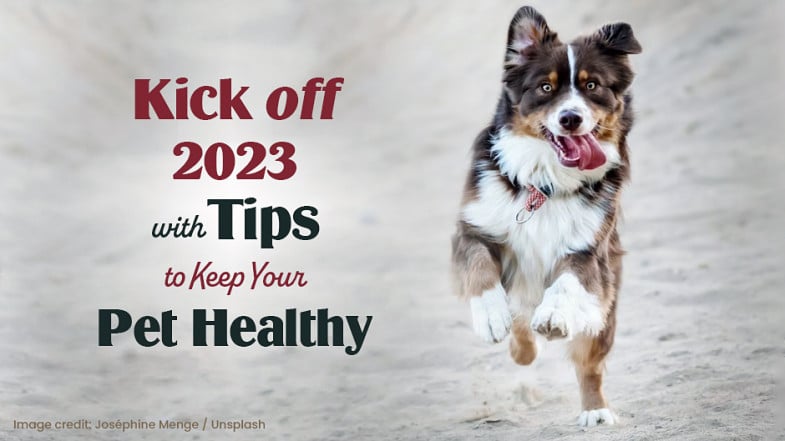
Kick off 2023 with Tips to Keep Your Pet Healthy
As we move into the New Year, it is a perfect time for resolutions and looking…
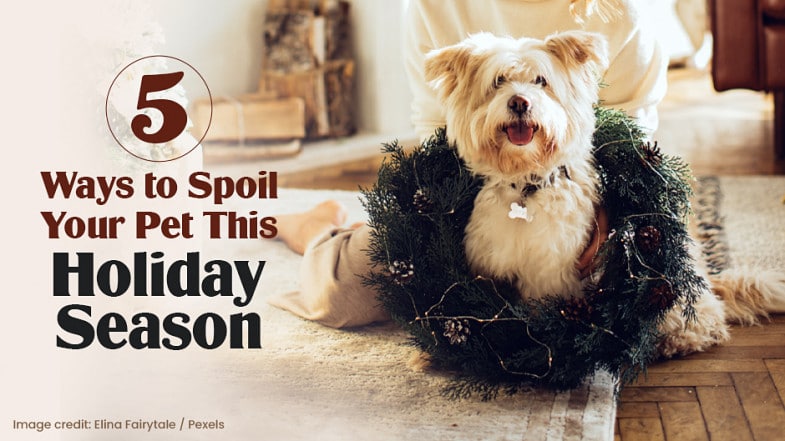
5 Ways to Spoil Your Pet This Holiday Season
The holidays are a time for family, friends, and fun. But for pet owners, they can…
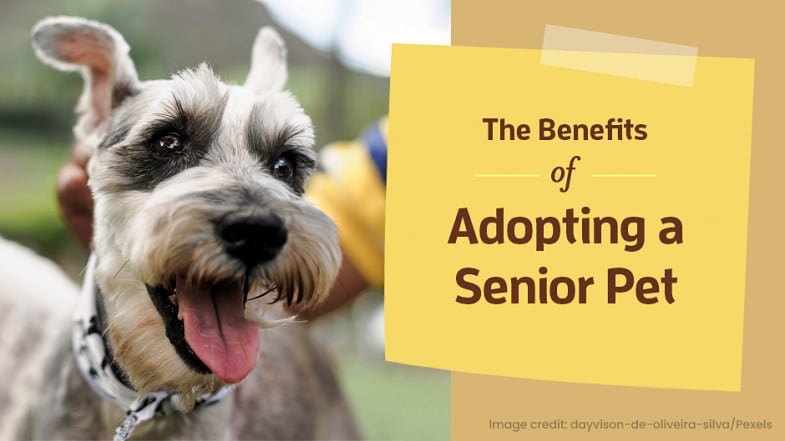
The Benefits of Adopting a Senior Pet
One of the most rewarding things about being a pet owner is knowing that you’ve given…
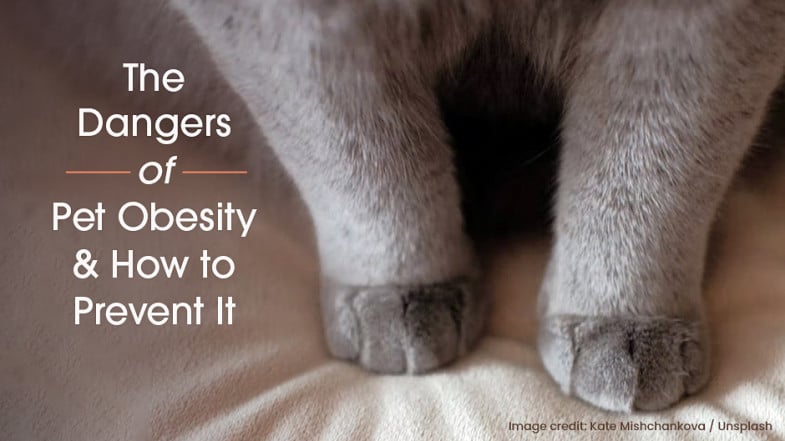
The Dangers of Pet Obesity & How to Prevent It
Just like humans, our pets can suffer from obesity. As pet owners, it’s our responsibility to…

Hidden Signs of Pain: How to Recognize Discomfort in Your Pet
When our pets are sick or injured, they can’t tell us where it hurts or how…
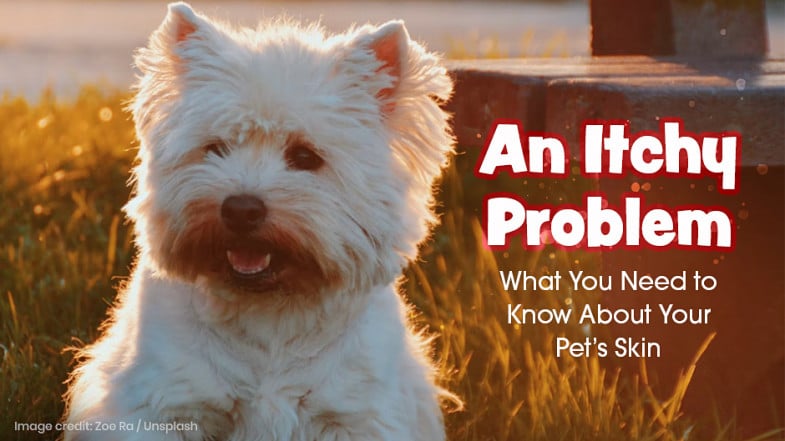
An Itchy Problem – What You Need to Know About Your Pet’s Skin
Is your pet constantly scratching? Pets can suffer from various skin issues that can cause extreme…
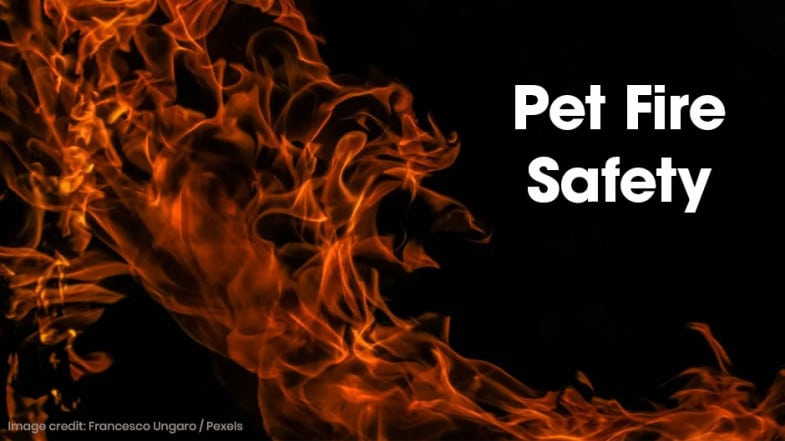
Pet Fire Safety
Pets are a part of your family, and it’s essential to consider them when making emergency…
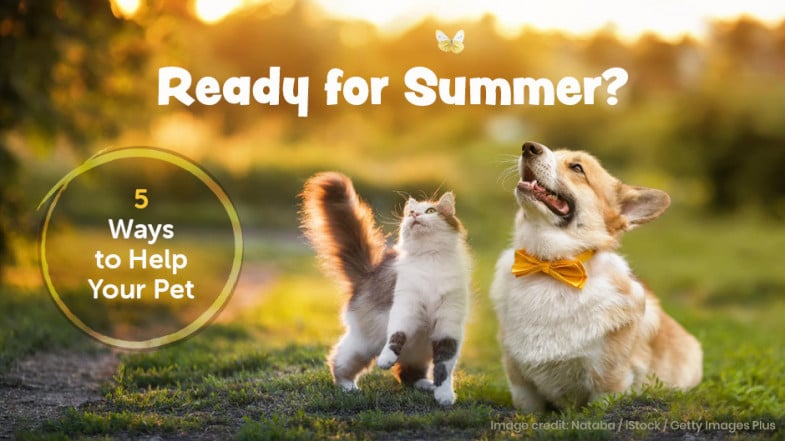
Ready for Summer? 5 Ways to Help Your Pet
Are you ready to enjoy warm summer days with your furry friend? With summer just around…
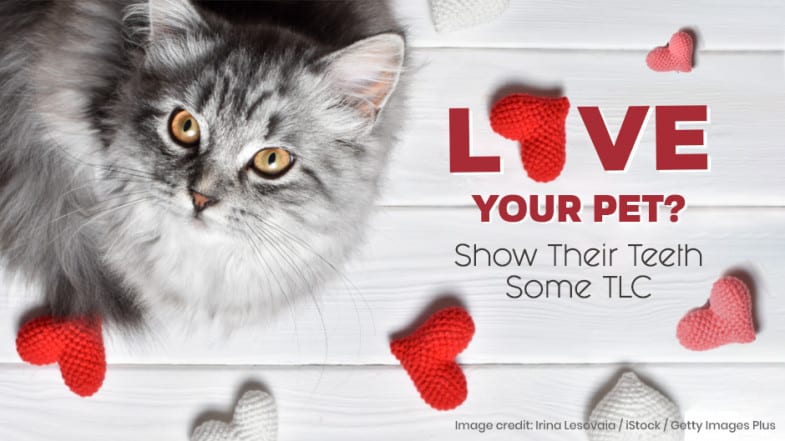
Love Your Pet? Show Their Teeth Some TLC
Are you looking for ways to show your pet some extra love this Valentine’s Day? While…
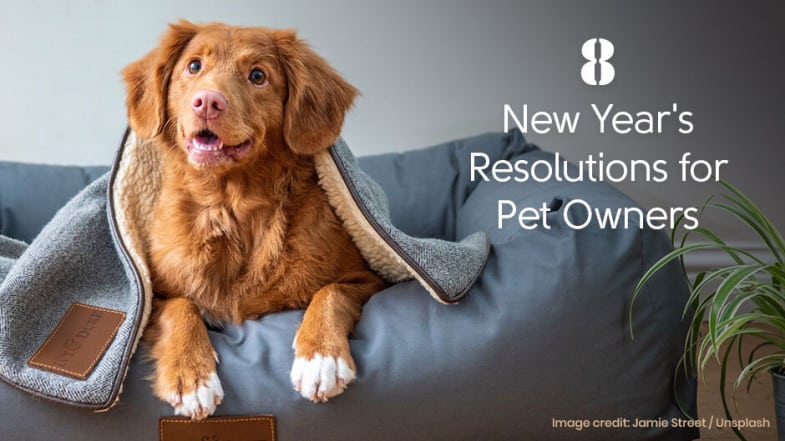
8 New Year’s Resolutions for Pet Owners
It’s a new year, which means it’s a perfect time to reflect on the special bond…
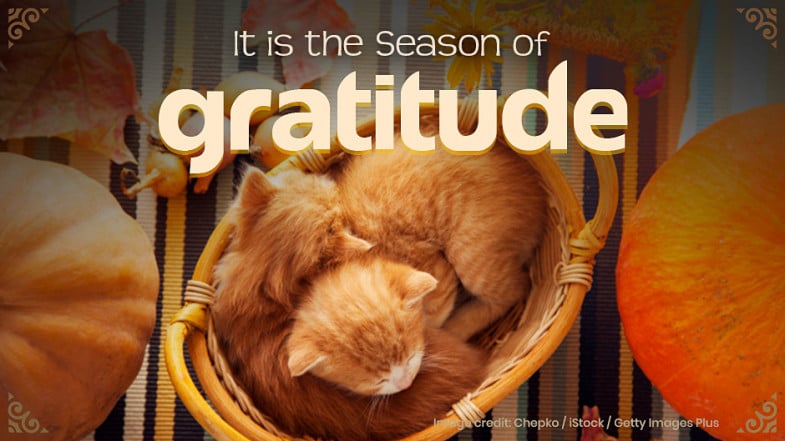
It is the Season of Gratitude
It is the season of gratitude! With Thanksgiving just around the corner, we would like to…

3 Reasons We Appreciate Our Veterinary Technicians
The week of October 17-23 is wonder-fur! Why are we so excited? It’s National Veterinary Technician…
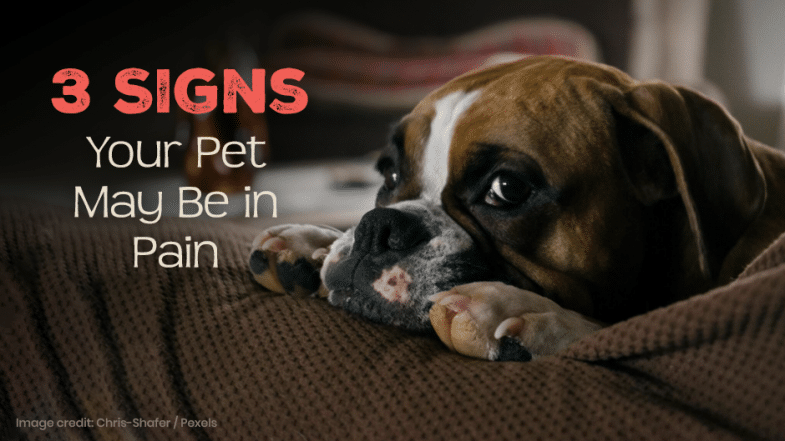
3 Signs Your Pet May Be in Pain
It crosses every pet owner’s mind: “Is my pet in pain?” And this question comes up…
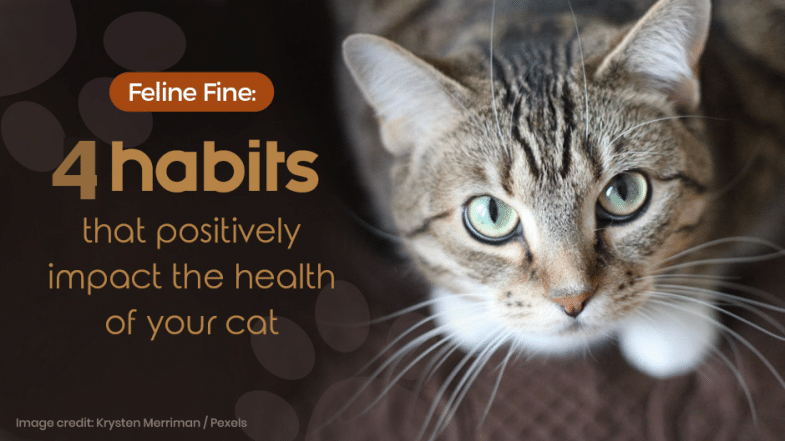
Feline Fine – 4 habits that positively impact the health of your cat
Cats are wonderful pets; in fact, over 25% of US households share their home with a…

Booms, Zooms, and Commotion-Free Rooms
As summer approaches, so do the booms, blasts, and excitement that come along with this commotion-filled…
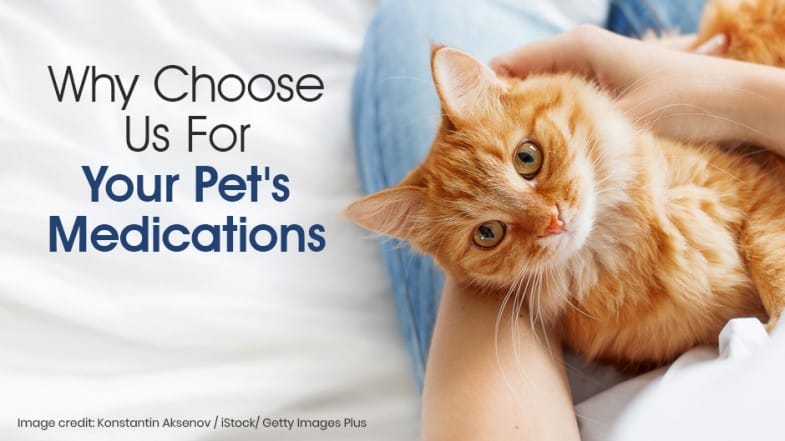
Why Choose Us For Your Pets Medications
You would never take risks when it comes to your pet’s safety, health, and wellbeing. Would…

Household Pet Poisons Most People Don’t Know About
Did you know that March is Pet Poison Prevention Month? This month is dedicated to keeping…
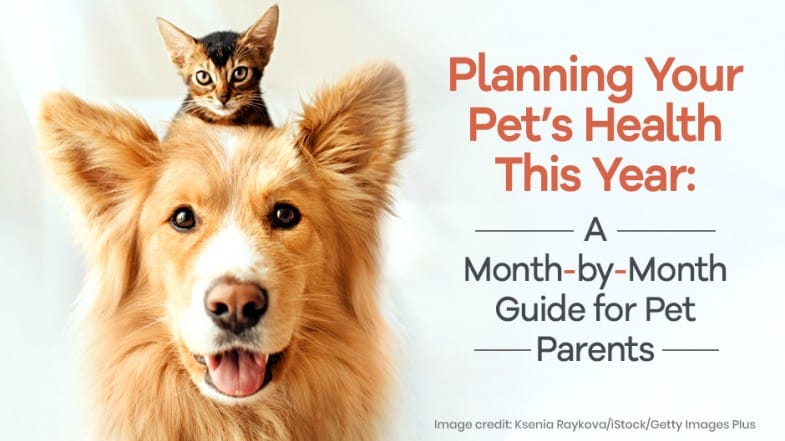
Planning Your Pet’s Health This Year: A Month-by-Month Guide for Pet Parents
Here’s a tail-wagger for you: 2021 is finally here. We are happy to welcome the new…
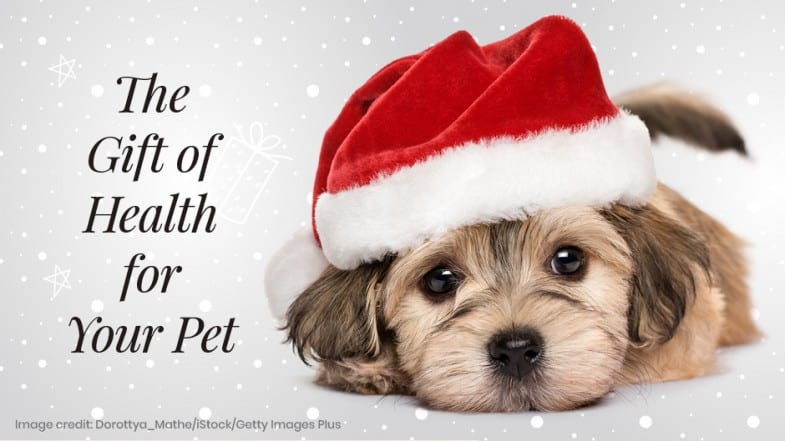
The Gift of Health for Your Pet
As you’re shopping for the holiday season, you may ask yourself, “What’s the best gift I…
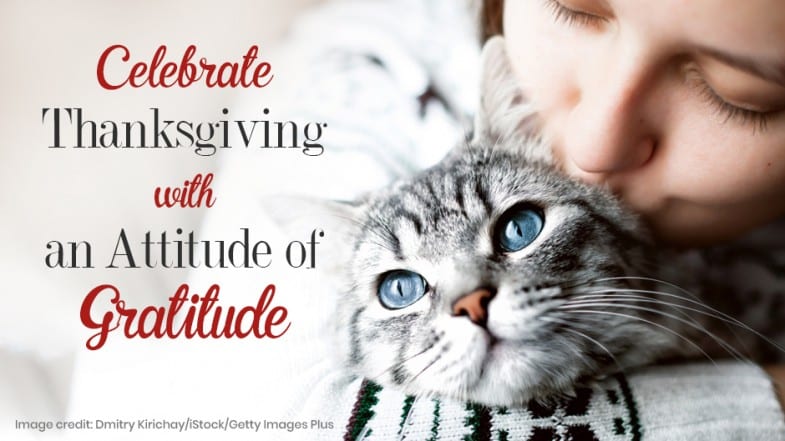
Celebrate Thanksgiving with an Attitude of Gratitude
Despite all that has happened in 2020, this year has its hidden gems. From having more…
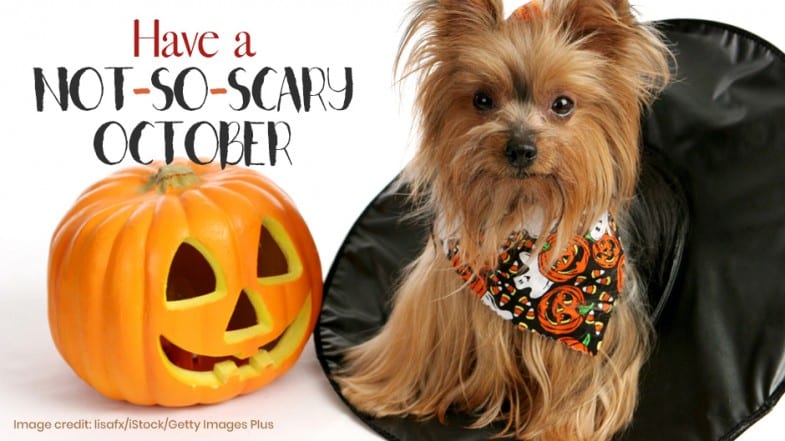
Have a Not-So-Scary October
2020 has been scary enough, so there’s no need for any extra worries this year. To…
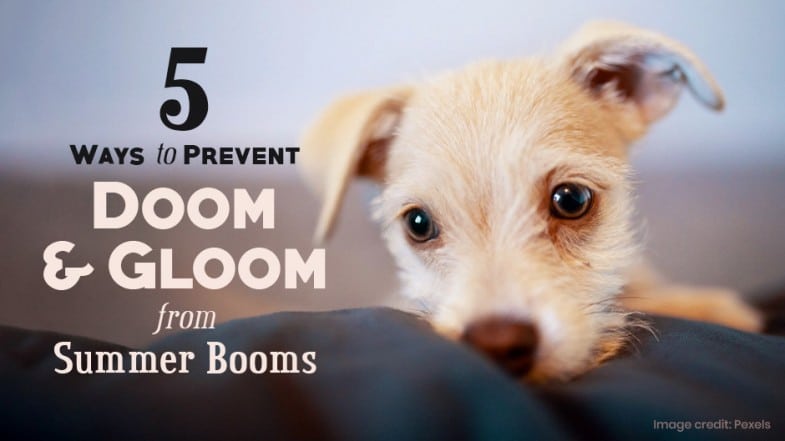
5 Ways to Prevent Doom & Gloom from Summer Booms
Does your dog or cat run and hide when there’s a thunderstorm? What about the Fourth…

Making the Most of Quarantine with Your Pets
While COVID-19 quarantines continue across the country, you may be spinning your wheels to stay busy,…
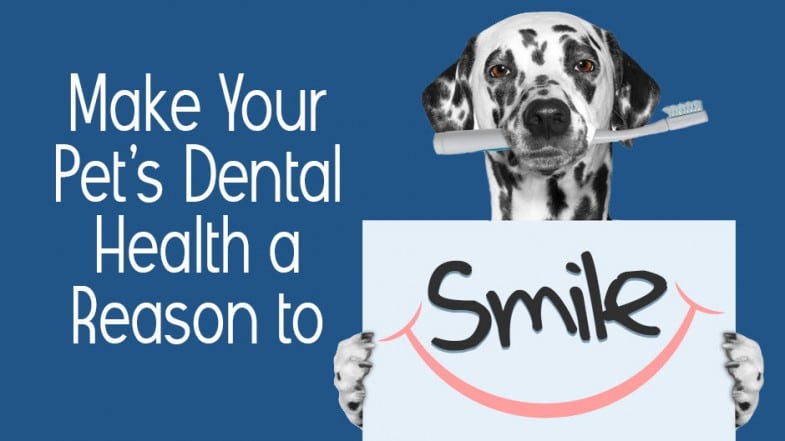
Make Your Pet’s Dental Health a Reason to Smile
Did you know that February is National Pet Dental Health Month? We love that this month…
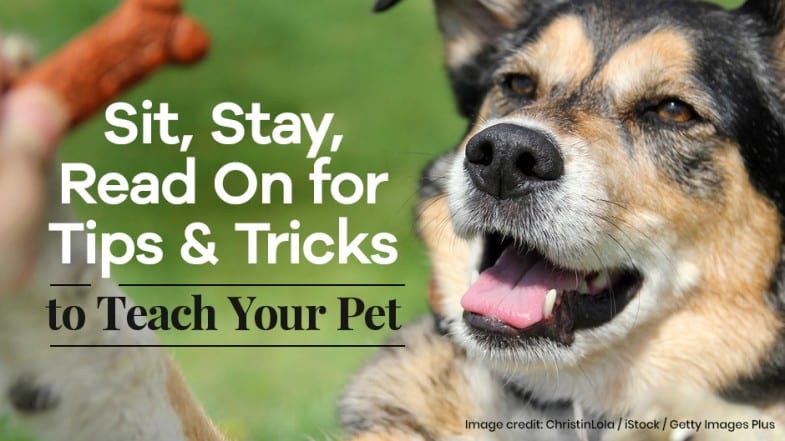
Sit, Stay, Read On for Tips and Tricks to Teach Your Pet
Are you ready to ring in the New Year with some new tricks to teach your…
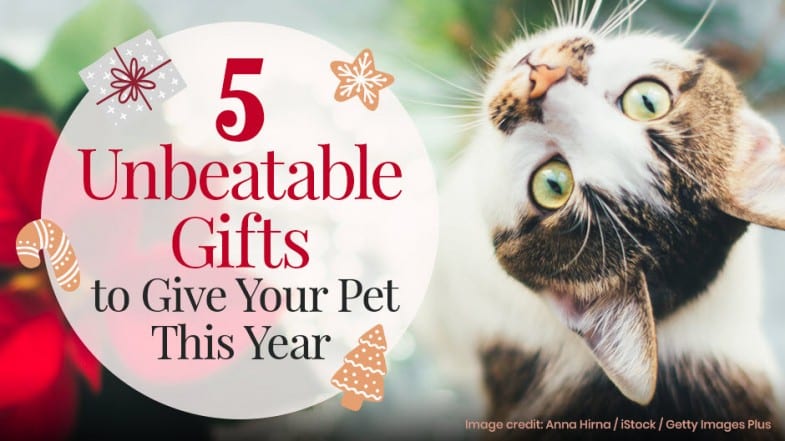
5 Unbeatable Gifts to Give Your Pet This Year
As the holidays approach, you’ve probably switched into Santa-mode and started making a gift list and…

Holiday Considerations for Your Pet: Seeing The Holiday Through Your Pet’s Eyes
When you see the holiday through your pet’s eyes, the big guy in the red suit…
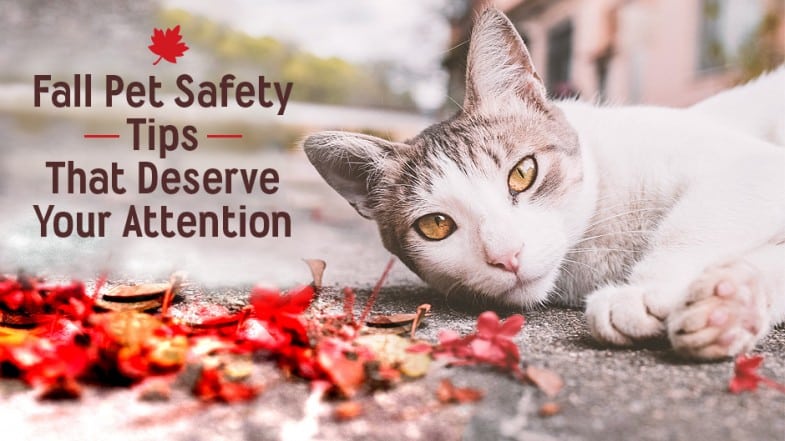
Fall Pet Safety Prevention that Deserves Your Attention
Don’t let your pet “fall” into some of the most common safety hazards we see this…
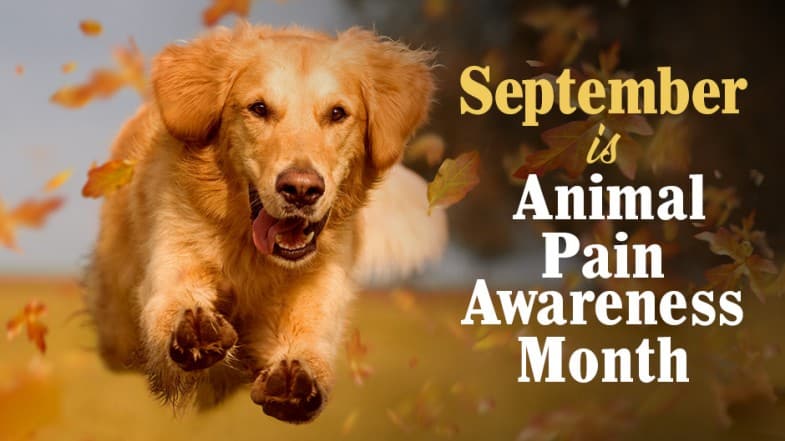
September is Animal Pain Awareness Month
Nothing hurts pet parents more than believing their pet is in pain. And we can’t blame…
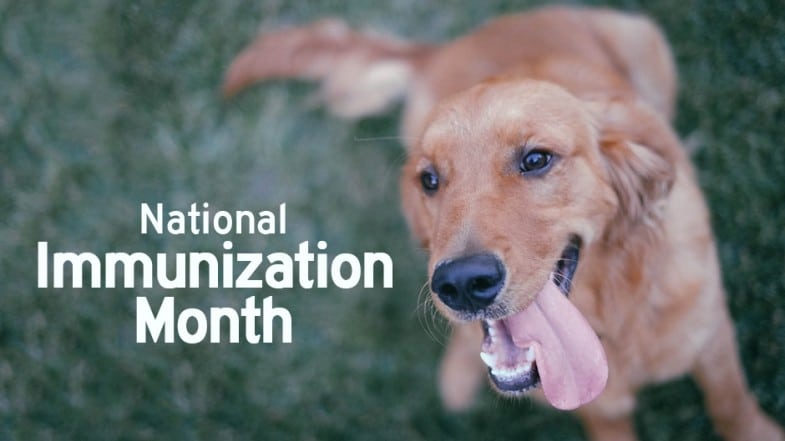
Happy National Immunization Awareness Month!
August is here, bringing plenty of sunshine and joy. Do you know what else August provides…

Keep Your Pet Cool and Safe This Summer
Summer is here! Whether you have a hairless Sphynx or a hairy Husky, the heat this…
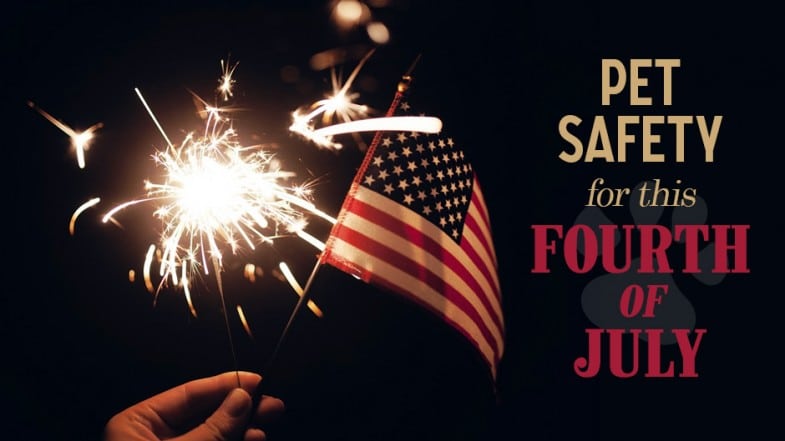
Pet Safety for this Fourth of July
You have probably heard of the town in Italy that switched to silent firework shows to…
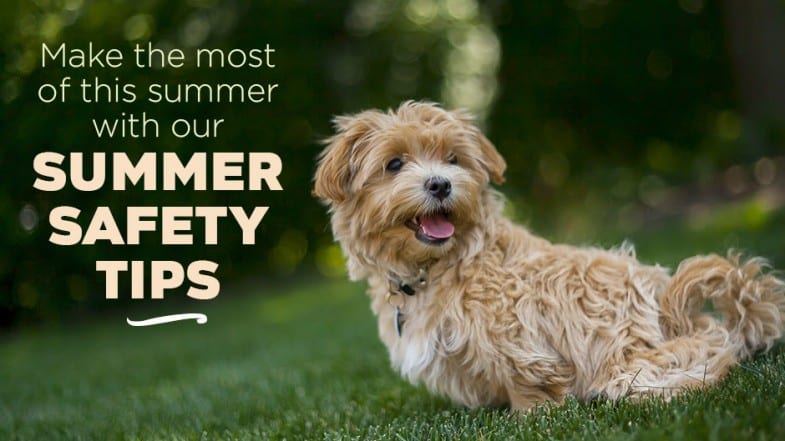
Make the Most of this Summer with Our Summer Safety Tips
Summer is the best season to be a dog! The sunshine and great weather lead to…
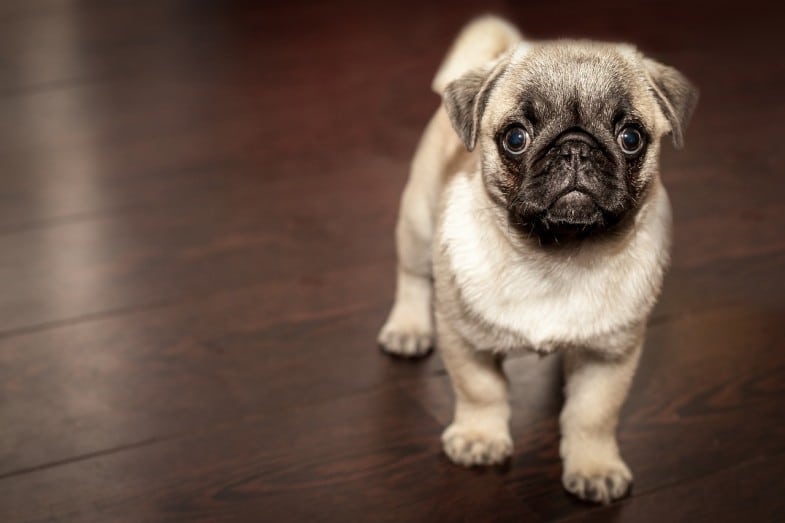
Why Get a Preventive Care Exam?
If you only visit Smith Veterinary Clinic when your pet is injured or sick, you’re missing the…
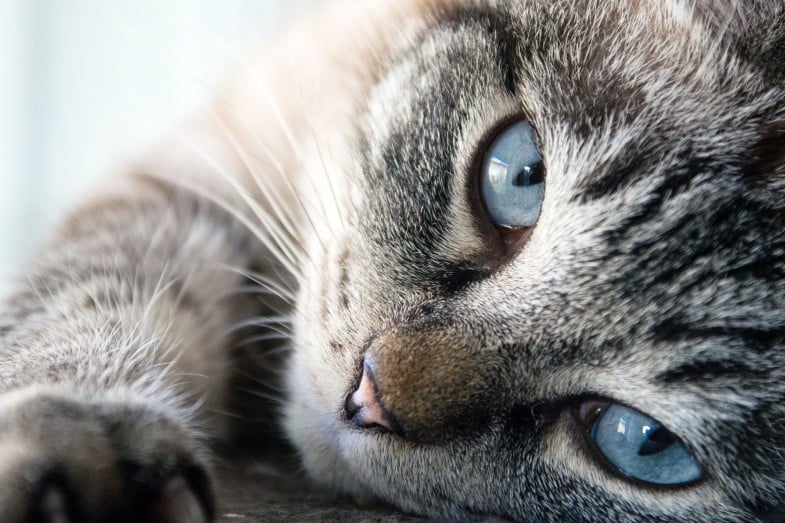
Preventing and Treating Hot Spots
Acute moist dermatitis, more commonly known as hot spots, occurs due to a bacterial infection on…
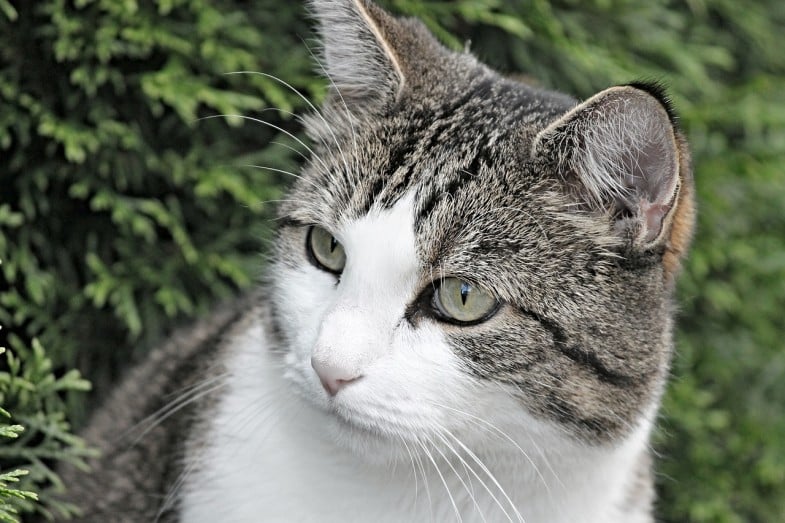
Summer Safety Tips
Your pet is part of the family and you naturally care about her safety. You also…
